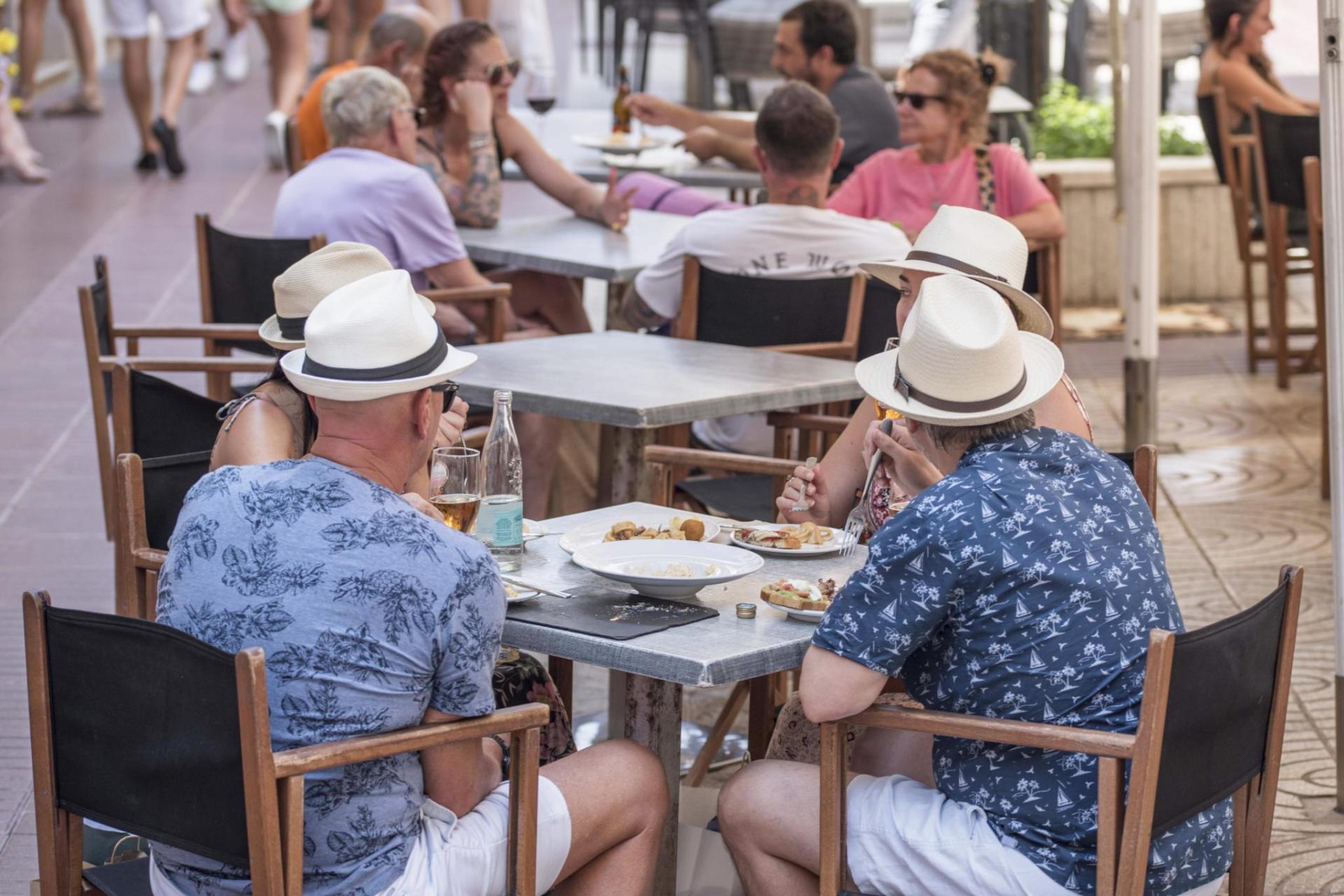This summer (certainly up to July), there have been record numbers of tourists in Mallorca and the Balearics, while their spending has also been at an all-time high.
There is naturally a caveat with this spending - higher prices - while it has always been the case with how tourist spending figures are presented that they give global amounts rather than specify the spending. In this regard, detail for July provided by the Balearic Statistics Institute indicates that two elements of the spending calculation have risen in terms of the overall mix.
In July 2019, a combination of accommodation and transport constituted 43% of total spending. This July it was 51%. Actual spending on these two elements have risen some 50% since 2019. Others have increased but not by anything like the same degree - food and drink 23%; activities 13%; the rest of spending 12%.
Antoni Gayà, president of the Afedeco retailers association, says: "Tourists have come with the handbrake on. August was not a good month. The drop in sales was very noticeable."
César Amable of the PIMEM restaurants association says that people have spent less this year. "We are making the island too seasonal and the high season is very expensive." His counterpart at the CAEB association, Alfonso Robledo, explains that spending was high in 2022 because the pandemic had passed. "Now, inflation is affecting everyone. Flights, for example, have gone up a lot."
Tourist numbers have risen and occupancy levels have been strong, but there has been a decrease in the average length of stay - from just over seven days to six days.
The president of the Aviba travel agencies association, Pedro Fiol, points out that this reduction has meant a higher turnover of tourists, and they are looking to contain spending. "Their holidays are increasingly more expensive. And this is harming the complementary offer (non-accommodation businesses)."
Fiol expresses some concern for 2024 - that inflation doesn't weigh too heavily and affect tourism in a negative way.


4 comments
To be able to write a comment, you have to be registered and logged in
Morgan WilliamsSo; what are you trying to prove ?
If the stuff tourists leave laying around after departure is any indication... Such as; Receipts for items such as shoes for 389€, a dress for 295, sunglasses for 129, a bikini for 165... one guest left a receipt for a set of chef's knives for over 1100. Not-insignificant quantities of wine, champagne and liquor bottles of labels in the 30 - 150€ range, restaurant receipts for 500€+ ... (?)
Restaurants are Expensive people found out during the pandemic that staying home and eating really good food is quite a good idea and water electricity and food are all at record highs so profit is minimal !
Nasty cheap hats by the looks of it!